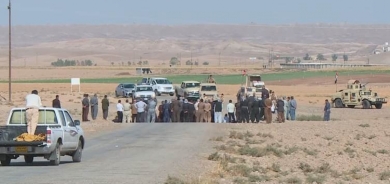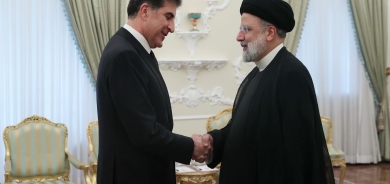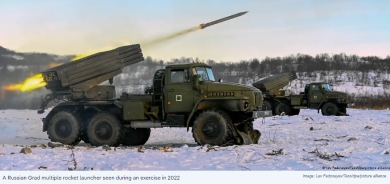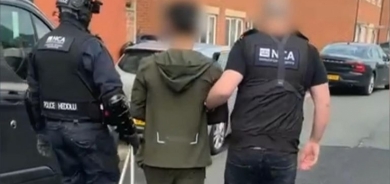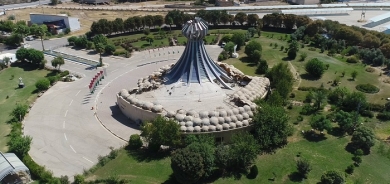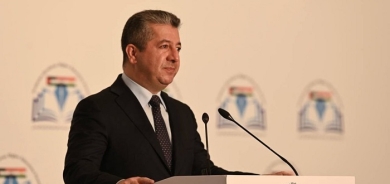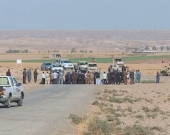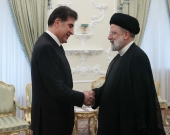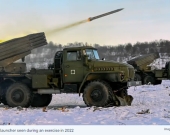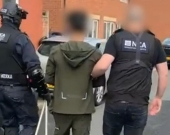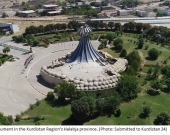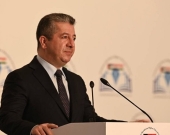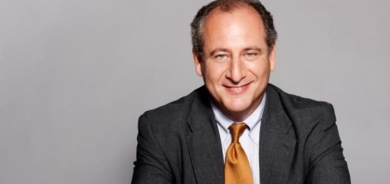Houla massacre seen as turning point in Syria conflict
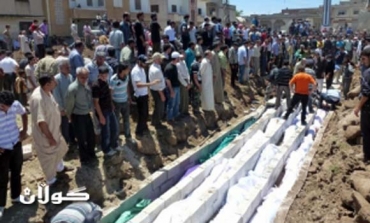
U.N.-Arab League envoy Annan is heading imminently on his second visit to Damascus struggling to keep a pulse in his peace plan for Syria. Assad is fighting for personal survival.
The slaughter of at least 108 people in Houla has overshadowed the visit however. The U.N. says that among them were 49 children and 34 women, many gruesomely blown to bits or shot dead at point blank range.
The U.N. Security Council on Sunday strongly condemned the government’s role through its heavy artillery assault on the village. Its statement however did little to bring the international powers together to end the crisis.
The United States and European nations say the killings are a new sign of how ruthless Assad is.
“The evidence is not murky and there is a clear footprint of the government in this massacre,” said Peter Wittig, Germany’s U.N. ambassador.
Russia disputes the evidence and continues to defend its key Middle East ally.
“We don’t believe that the Syrian government would be interested in spoiling the visit of special envoy (Annan), a very important visit during which we expect a lot of progress,” said Igor Pankin, Russia’s deputy U.N. ambassador.
Russia and the Damascus government continue to blame opposition groups and foreign extremists for much of the trouble. The Free Syrian Army and other rebels meanwhile say that the Houla massacre is another reason why they should not respect a cessation of hostilities that Annan brokered but which has never taken hold.
Western experts say Assad could hold out for months -- if not longer. With the U.N. ceasefire monitors in Syria already coming under attack and violence worsening again, they hold out less hope for Annan’s peace efforts.
“The Annan plan is not dead,” said Britain’s U.N. ambassador Mark Lyall Grant. But in talks on the Middle East on Tuesday and on Syria on Wednesday the council needs “to have a serious strategic discussion” about the Annan plan and what the Security Council can do to help the special envoy make it work.
“With this new crime, the assassin regime of Bashar al-Assad is taking Syria deeper into horror,” said France’s deputy U.N. ambassador Martin Briens. “The Syrian regime cannot carry on forever violating its obligations -- without risking the end of the Annan plan.”
UN leader Ban Ki-moon says there is no “Plan B” if the Annan plan crashes however. Russian and Chinese opposition -- as veto-wielding permanent members -- means the UN Security Council would never approve internaitional military action as it did in Libya last year.
The second key international fear is over the more than 280 U.N. observers now in Syria.
U.N. leader Ban Ki-moon said Sunday that the Houla massacre had added to pressure on the monitors -- the first U.N. force to be thrown unarmed into a conflict with a non-existent ceasefire.
“United Nations observers are facing increasing criticism for not stopping the violence and, in some quarters, even being blamed for an increase,” Ban told the Security Council.
The U.N. force is “in a perilous position,” he added. U.N. convoys have already faced bomb attacks and are fired on nearly every day, according to U.N. officials.
“Given the numbers involved, given the fact that they are unarmed and that they are escorted by Syrian security, clearly they are not equipped and they are not mandated to actually stop the violence,” said Britain’s Lyall Grant.
“They do what they can but we have to be honest about their limitations,” he added.
The odds piling up against the U.N. mission are why some analysts such as Richard Gowan at New York University’s Center on International Cooperation are predicting that the Annan plan could go down as an “heroic failure”.
AFP

